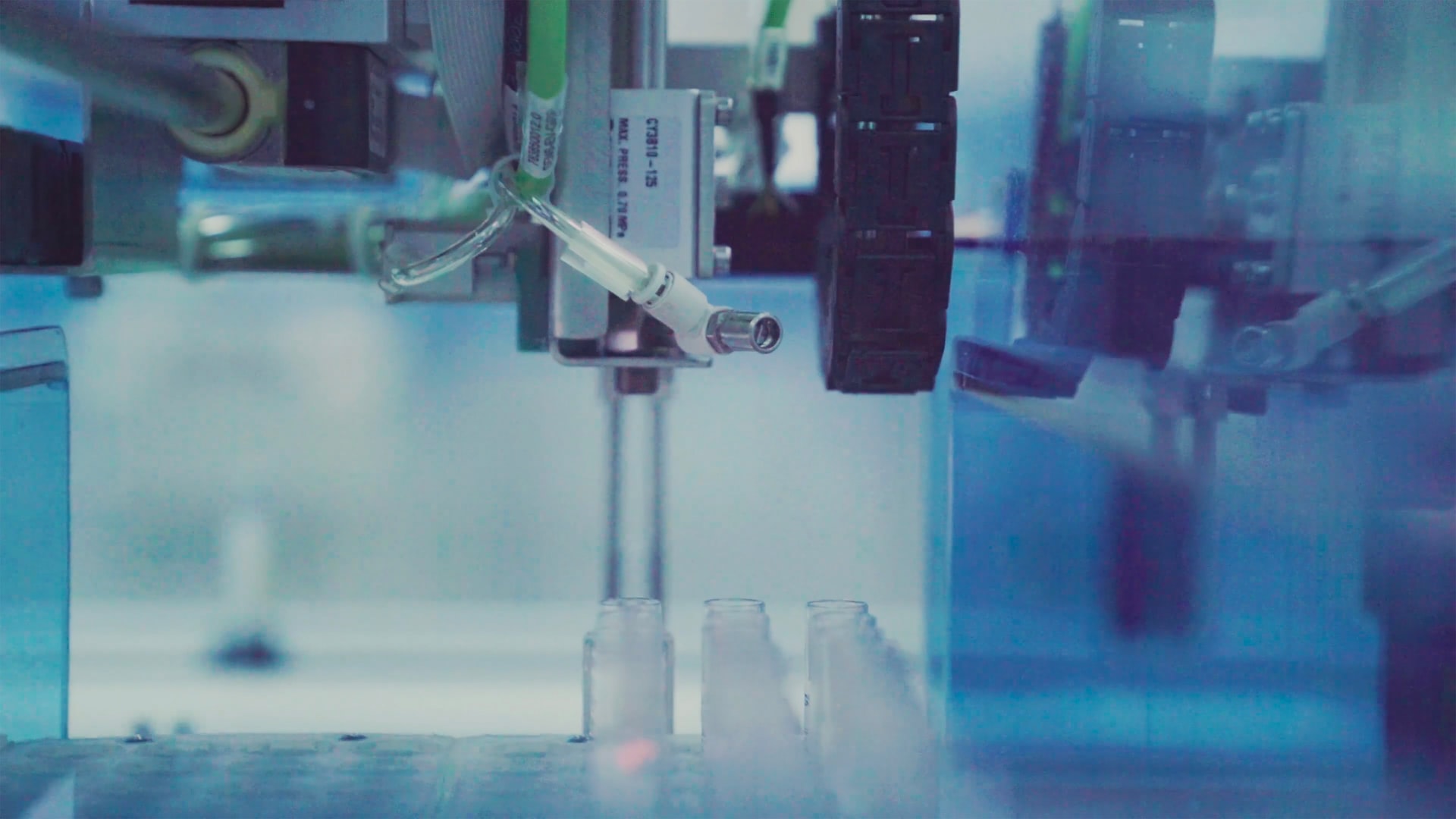Many public and private entities have sought to mitigate the financial impacts of clinical trials on state economies, especially those that rely on a steady source of revenue generated from pharmaceuticals and biotechnology companies. While pharmaceutical companies are required to compensate for any potential losses in these and other pharmaceutical sales and marketing activities, however, they are not required to compensate for the direct financial impact of these activities on state and local economies. Thus, although there is a great deal of literature on this topic, very little effort has been taken to comprehensively address the issue of state economic impact of clinical trials. Efforts have focused on estimating the cost of such trials, the productivity of the companies that conduct them, the impact on the companies’ finances, and the impact on the state’s economy.
When considering the broader economic impact of clinical trials on state economies, i.e., across state lines, the net result of spending, direct, and indirect costs, and productivity of company employees, biopharmaceutical industry employees, and local economic development, the net impact of clinical trials on state economies is difficult to quantify. It appears that most clinical trial sites generate more revenue from outside commercialization than the local economy can absorb. The extent to which the economic impacts of clinical trials vary across clinical trial sites is largely dependent upon whether they are conducting clinical trials on biotechnology or small enterprise organisms or on larger pharmaceuticals.
In addition, there is considerable variation within the amount of clinical trials activity that is conducted by biopharmaceutical companies. A recent study estimated that biopharmaceutical companies conduct approximately 20% fewer clinical trials than the industry average, a decrease that was noted across all disease areas. However, while these findings suggest that the industry has reduced its activity in clinical trials, biopharmaceutical companies have not closed all of their clinical development programs. Across the board, biopharmaceutical companies expressed a desire to continue to expand their portfolio of clinical drug development opportunities and pursuing the development of new medicines and drug products. This effort to develop and commercialize drugs for diseases worldwide will likely continue to impact the state economy in the years to come.
Final Words
Given the information gathered throughout the years, we can say with confidence that industry-sponsored clinical trials are not only vital to the development of new treatments and cures for patients but also play an important role in sustaining economic growth in communities throughout the country.